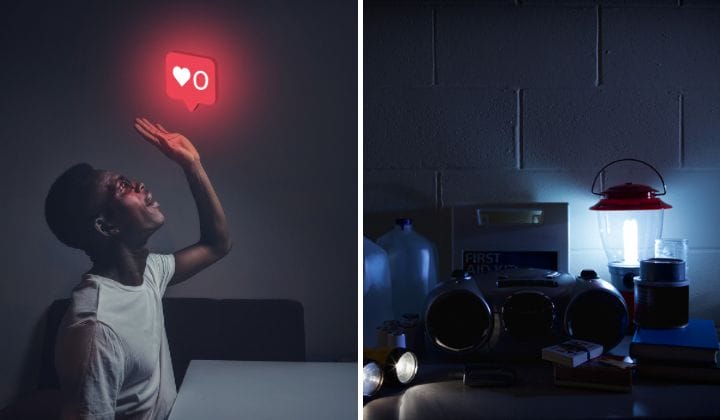The Internet Is A Dangerous Place; Here’s How You Can Make It Better For Everyone
Self-regulation online can lead to a better online experience without taking away your freedom to explore.

Subscribe to our Telegram channel for the latest stories and updates.
As more and more Malaysians take to the internet sphere, things go viral fast– and get out of hand.
To avoid the risks and impacts from such behaviour, Executive Director of the Malaysian Communication and Multimedia Content Forum Mediha Mahmood suggests that everyone, but especially youth, practice self-regulation online.
Self-regulation is not self-censorship
The internet is a place of freedom, fiercly protected by netizens. However, Puan Mediha clarifies that self-regulation is not self-censorship.
Self-censorship is when you control what you say or do in order to avoid breaking laws. It is usually driven by the fear of getting into trouble.
Self-regulation is the act of making certain that you act accordingly to a set of rules or a code. Basically, it’s appropriate behaviour for the place.
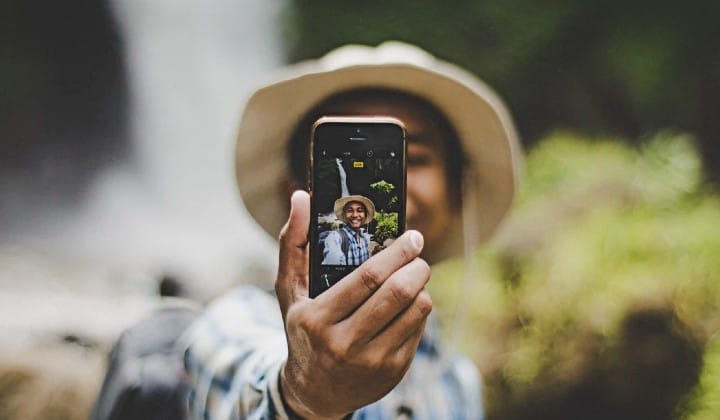
(Credit: Djamal Akhmad Fahmi/Unsplash)
If you think that the internet is a lawless land, you may be surprised to learn that it actually is regulated by the Malaysian Communications and Multimedia Commission (MCMC) under the Communications and Multimedia Content Code (simply called the Content Code).
The Content Code was first established in 2004, but this year the Code will be undergoing a revamp to keep up with how fast and how far the internet has evolved since then.
According to Mediha, the main objective of the Content Code is to facilitate self-regulation within the industry without compromising its growth and creative output.
The last thing we want to do is to curtail creativity in content creation, stifle freedom of expression or control content consumption.
Mediha Mahmood to TRP
Anonymity is not anonymous
The biggest issue with the internet is that it provides for a platform of anonymity– which can be a double-edged sword.
Anonymity allows people to say things they normally wouldn’t have the courage or freedom to say. When used right, it can be a freeing experience.

(Credit: Envato)
But in the same way, the cloak of anonymity can also hide behaviours that we would not have engaged in if our identities were public. This false protection of “anonymity” can lead to actions such as cyber-bullying, trolling, online sexual harassment, lying, spreading fake news, slander, or gossip– all hidden behind a profile picture and funny username.
READ MORE: Study: M’sians Themselves Are The Source Of Fake News
However, Mediha further emphasizes that while there are many ways to stay anonymous online, there are just as many ways for that anonymity to be stripped away.
People’s lives are affected by their online actions, something that has been proven time and time again in recent years. How many times have our Malaysian internet sleuths exposed individuals for bad behaviour with nothing but an internet connection and some free time?
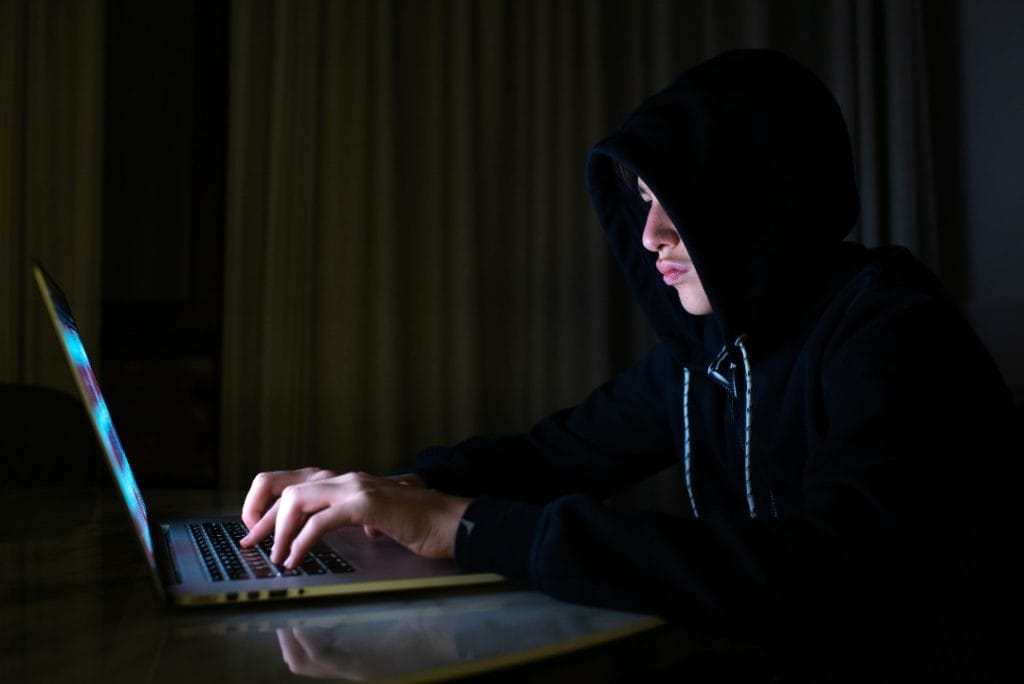
(Credit: Envato)
It only proves that everyone leaves footprints online– which is why you should watch your figurative step.
Wouldn’t this impact my freedom?
In fact, the opposite is true. Self-regulation does not hinder anyone from seeking knowledge, claims Mediha.
She explains that self-regulation would in fact facilitate in the sharing and discussion of knowledge because false information and fake news would be appropriately tackled, leaving room for learning and discovery.
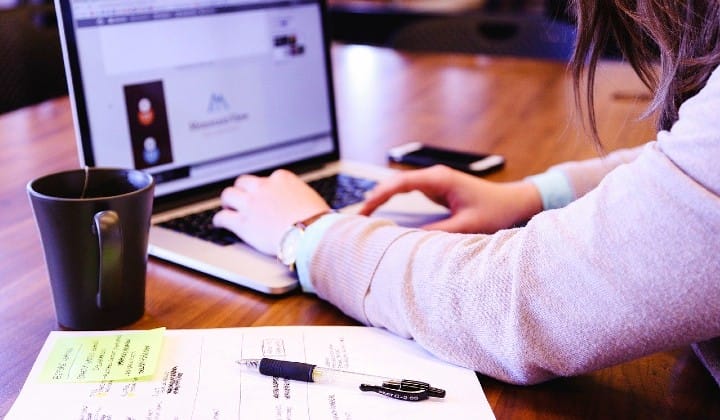
(Credit: Pixabay)
With the internet, any content from anywhere and anyone can go viral around the world in a matter of minutes. Misleading information, false accusations, fake news – all of this and more can be so quickly and vastly disseminated to much detriment.
Mediha Mahmood to TRP
And the damage brought by these actions is terrible.
As we have seen during the past two years of the pandemic, viral news about vaccine side-effects caused hesitency and resistance to getting our jabs. Even today, there are plenty of anti-vaxers in Malaysia who actively try to dissuade others from getting protection from the Covid-19 virus.
So we should stop youths from being online!
Absolutely not, says Mediha. The youth of today are all digital natives, with most of their socializing and activities done online– even schooling!
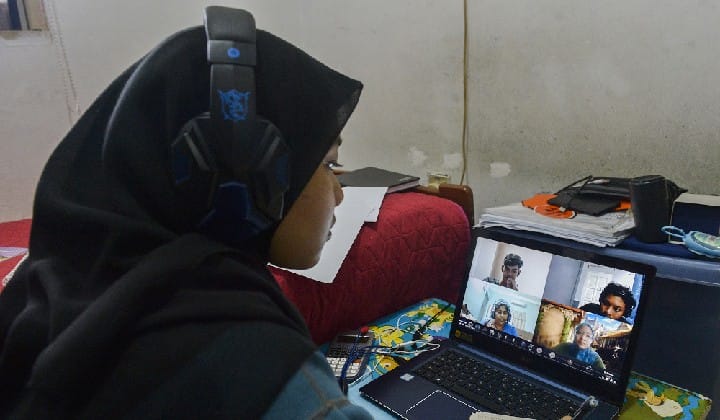
(Credit: Miera Zulyana/Malay Mail)
It would be greatly unfair to prohibit them from going online.
Mediha Mahmood to TRP
However, that doesn’t mean they can traverse the wild lands of the internet freely, especially at their level of maturity. Parents and guardians do have a duty to regulate the content consumed by their children and youth.
The most important responsibility is to teach them the skills to stay safe and enjoy the internet in a decent manner; skills that will be useful for them even well into adulthood.
A great way to promote self-regulation is to regularly engage your youth and children in conversations about online and social media activities. Get to know what piques their interest online or the kind of content they are consuming. Ensure that the lines of communication are always open and foster trust between you and your kid.

(Credit: Envato)
Aside from that, there are also features and settings on most gadgets and apps that offer parental controls such as parental locks, filters, timing locks, and security blocks.
Enjoy the internet, but be aware of dangers and self-regulate responsibly
Mediha notes that the social problems we face offline takes a virtual form online. Everyone is online now, and that also includes the troublemakers, criminals, and predators. (And many times it’s easier for them to do worse things!)
Digital or online content still requires regulation, especially as we hear rising cases of online sexual harassment, grooming of children by paedophiles, doxxing, and spreading of slander or fake news.
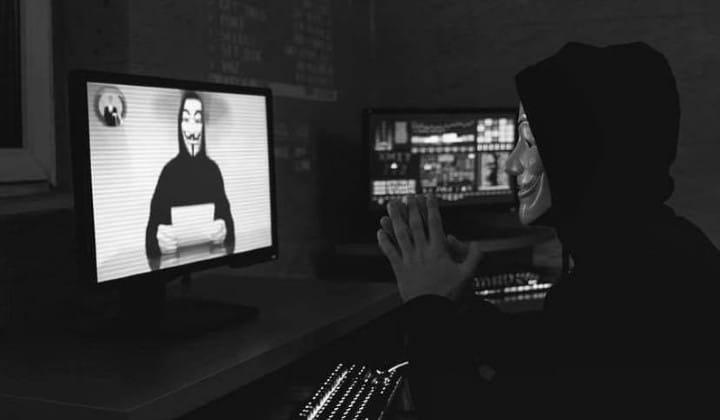
(Credit: AnonymousMalaysiaOfficial /Facebook)
Those who intend to hurt, abuse, scam, harass, or offend others simply have a new platform to do so, and in the same way we protect ourselves in the physical world from such harm, the same must be done online.
And the best way we can do that is self-regulation, from the entire community– from content creators to consumers to casual surfers.
Share your thoughts with us via TRP’s Facebook, Twitter, and Instagram.
Anne is an advocate of sustainable living and the circular economy, and has managed to mum-nag the team into using reusable containers to tapau food. She is also a proud parent of 4 cats and 1 rabbit.







